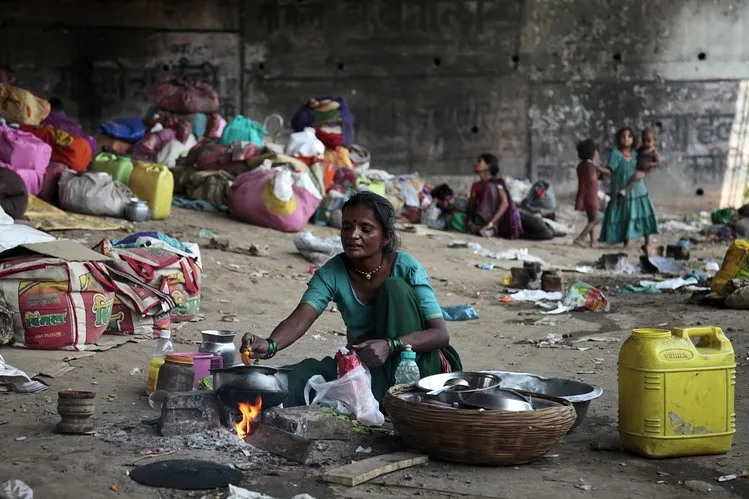@moneybagley asked, "Do you think the world is past the point of people living in extreme poverty?"
Because this world is not -- and can never be -- perfect, I don't think that extreme poverty can ever be fully erased. However, there are certainly more than enough resources in the world for there to be no poverty if only all the world's resources were distributed evenly. So, I think the deeper question here is whether extreme poverty should be addressed by governments or private organizations.
If poverty were to be solely addressed by the world governments, then taxes would most likely increase in every country, effectively turning every government into a sort of Robin Hood, taking money from those who earn more to those in poverty. Whether this is good or bad is highly political, and it completely depends on who you ask, but it is definitely a possible solution, especially in capitalistic countries. Would a private company that is "too-big-to-fail" be affected very much if they were taxed an additional, say, 8% to give to the impoverished around the world? Perhaps due to competition with other companies, but probably not due to losing a small portion of their income.
I think that poverty could be better (and less controversially) addressed by private organizations than by governments for a few reasons. Funding campaigns to help the poor by means of taxation is seen much more negatively than by means of voluntary donations to private organizations. This is simply because taxation would force people to give up some of their money to the poor when they may feel that they earned it for themselves to spend on what they want. Also, I think that private organizations can be trusted to help the poor learn to sustain themselves more than governments, because private organizations with the goal of helping the poor can help them learn to be self-sustaining by hiring them to work and create sellable products in order to pay off small, feasible loans. Here is the link to an article about an organization in India called SKS Microfinance that does this very thing (and it works very well): Harvard Business Review.
However, even if poverty was mainly addressed by private organizations, governments are always responsible for poverty in some sense, because it is their jobs to ensure the life and liberty of their citizens.
